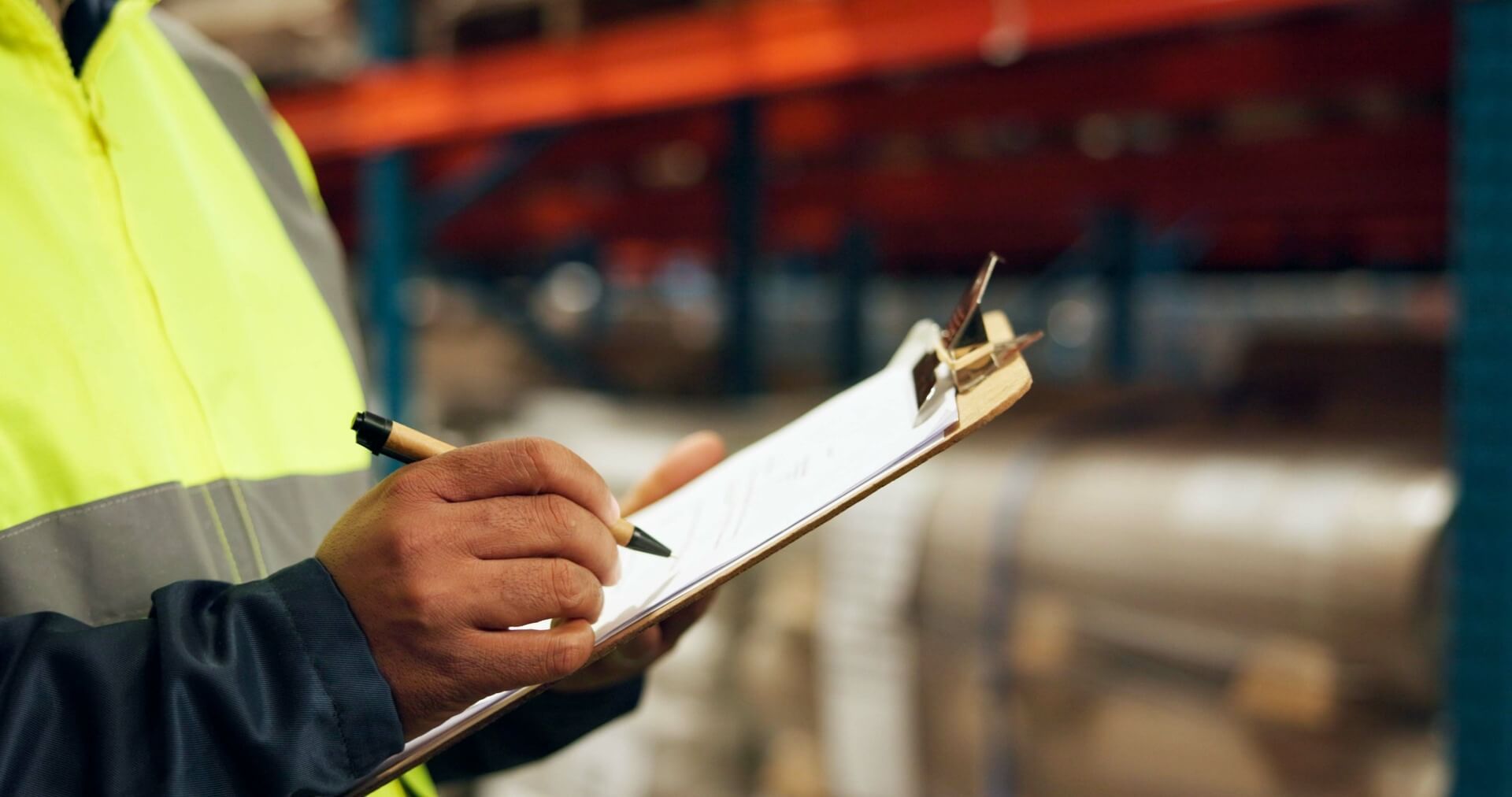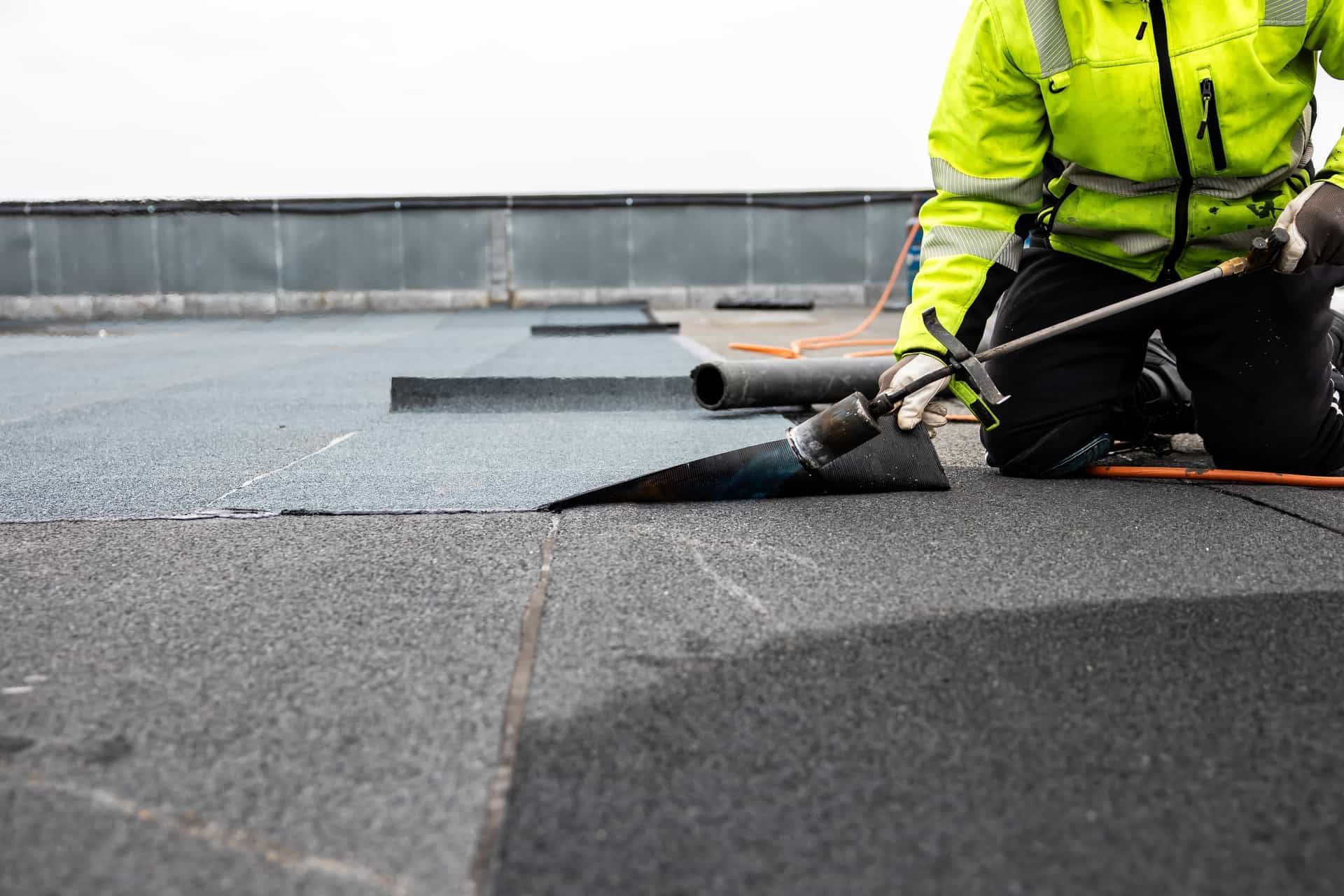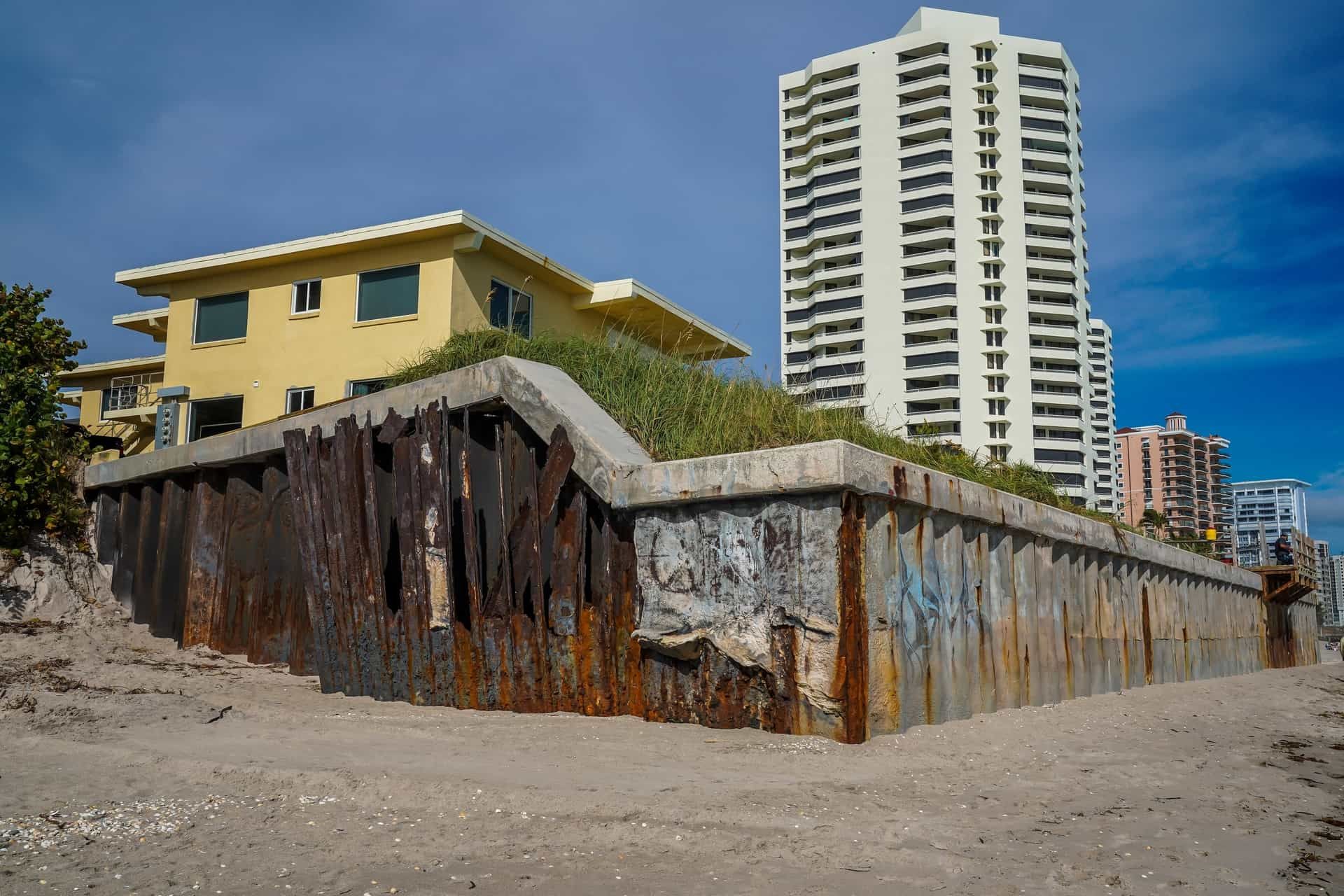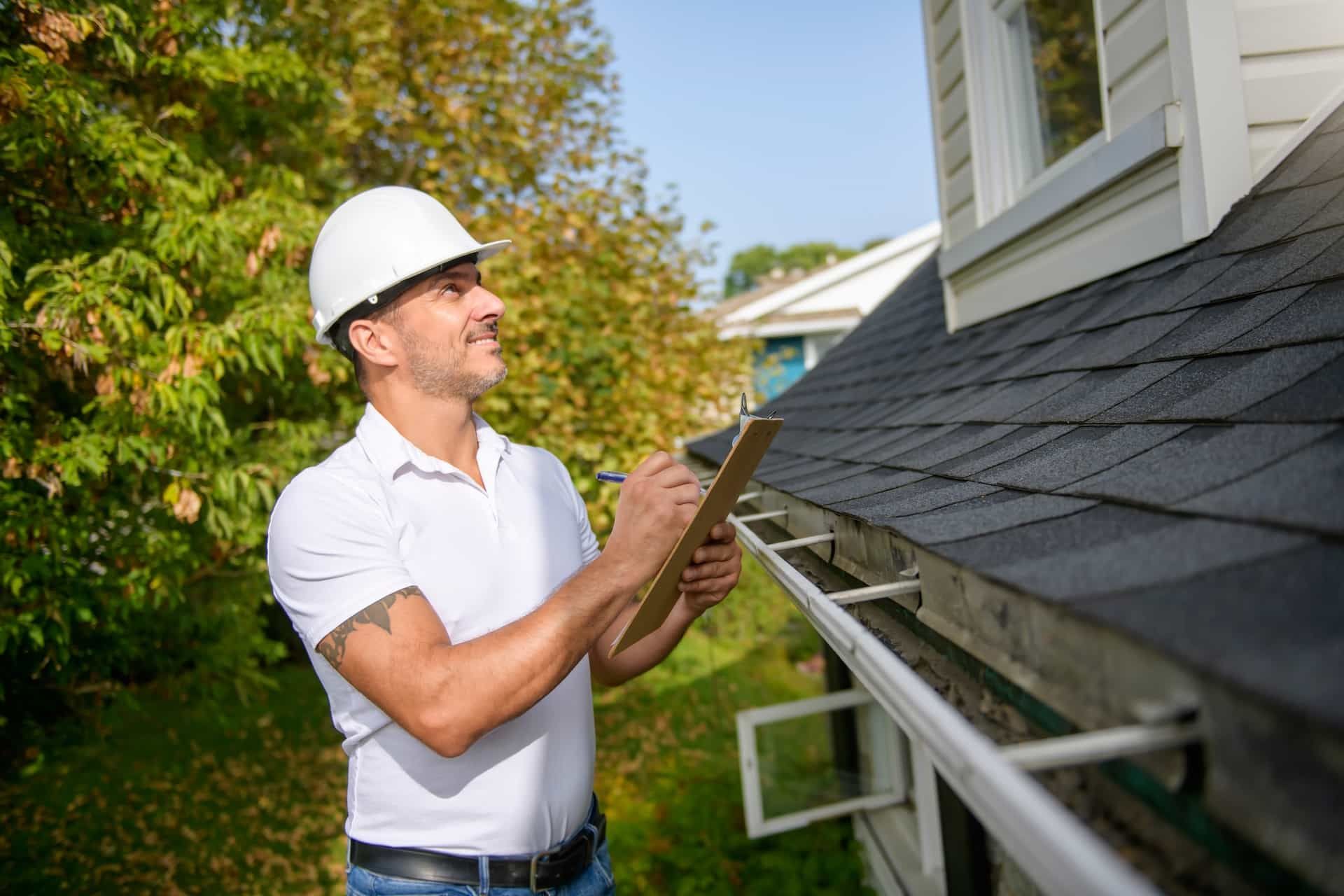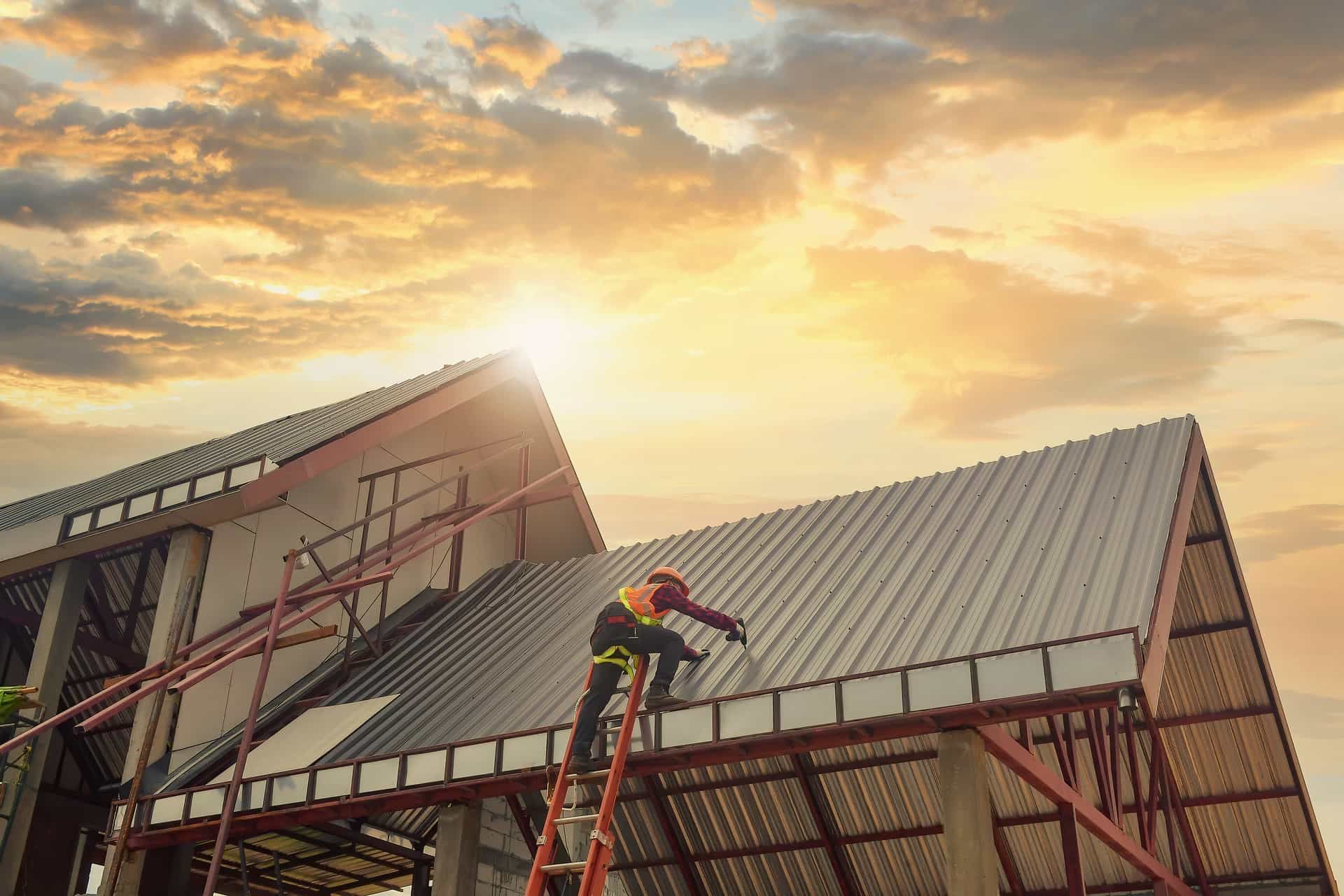Condominium Association Insurance Inspections: Important Things You Need to Know
On the surface, a condo inspection may seem unnecessary due to the existence of condominium association insurance. For example, many buyers are led to believe that this insurance will cover all the issues that might emerge.
However, since condominium association insurance will only cover any repairs on the outside of your unit, everything inside it is your responsibility.
This is why hiring a condo inspector might be necessary if you want to avoid hidden costs creeping up on you once you make the purchase. They can thoroughly evaluate the interior of the property and help you decide whether you’re looking at a quality investment or a money pit.
Is A Condo Inspection Necessary?
While not legally required, in many cases, a
condo inspection is one of the best choices buyers can make when purchasing a property.
Condos usually require less maintenance than a house, mostly because many responsibilities and the cost of repairs are equally divided between all owners. Nevertheless, the condominium association insurance will only cover and handle the maintenance of the areas outside of the walls of your condo, i.e. shared spaces.
Everything else such as flooring, ceilings, internal systems, and shared walls are the owner’s responsibility. The same thing applies to HVAC units that may be installed.
Unfortunately, many hidden problems could plague condos that look perfectly well on the surface, which is exactly why you need a condo inspection. Without it, you can pretty much end up losing money conducting hefty repairs you weren’t even aware of and didn’t budget for.
What Does A Condo Inspection Cover?
A condo inspector will be focused on your unit for the most part, but they’ll also inspect a few areas covered by condominium association insurance. For example, checking crawlspaces and attics that are connected to your condo to make sure the firewall is properly installed and that there are no issues that may affect your property.
Additionally, the inspection will cover any common-use zones adjacent to your condo.
When it comes to your property, the inspection checklist may vary depending on the type of condominium. Still, the typical inspection will include:
- Damaged and cracked walls
- Water damage
- Smoke alarms
- Smells which may indicate other issues
- Condition of the drainage
- Water flow
- Appliances (furnace, HVAC, water heater)
- Bathroom and kitchen caulking
- Doors and windows
- Function of all electrical systems
- Attic inspection
- Condition of shared walls
- Signs of poor maintenance
- Damage to handrails for staircases
- Condition of shared decks
Keep in mind this is just a basic outline, and depending on the circumstances (e.g. if you’re applying for an FHA loan), different rules may apply.
This checklist can also assist during your first viewing of a condo as you’ll be able to check some of these aspects yourself. That way, you won't have to waste time on a bad property and can instead look for a better option.
When purchasing a house, there is a high probability that the inspection will be covered by either the seller or the real estate agent. With condo inspections, it’s the opposite. Thus, we suggest you use this checklist to look for issues yourself when you’re viewing the condo as you can avoid paying for an inspection for a property you won’t even buy.
Why You Should Review All Documents
Although an inspection may give you an idea of the condition of the unit itself, you should still consider the condominium association insurance areas which may leave you with extra costs.
This is why reviewing any condominium association documents is a must.
As a rule, all condominium meetings are recorded and documented for the sake of posterity. This is a good thing as you can request to see past meeting records. You should review talking points of all meetings to find any mentions of maintenance issues and problems with the building’s exteriors.
Thus, you’ll be able to identify major issues that were present long before you bought your property.
Note down any community problems mentioned and ask for documentation that proves they were resolved.
Lastly, ask the association if there are any pending lawsuits attached to the condominium. This can open you up for future liabilities or disputes with former owners so it doesn’t hurt to check.
Check If There Are Any Issues With The Funding
Generally speaking, condominium associations collect assets by charging a small fee from condo owners. This money is used for maintenance and repairs of areas outside the walls of your unit, or for purchasing a condominium association insurance policy.
This is why you should check the common areas for visible signs of poor maintenance. Any visible damage is usually a dead giveaway that the condominium association is running out of funds.
However, if you want to get even more insight into the current standing of the association, you need to consider the fees as well.
If by chance the rates are quite low, it might seem like a steal on the surface, but in the long run, it’s a major red flag. Just ask yourself how will the association pay for a major repair that pops up if they have low fees and are running low on reserves.
Low fees can be a sign you’re investing in a property that may become a major liability in the near future. To minimize the chance of buying a money dump, ask to see the most recent reserve study which will give you an insight into the recommended reserve your condo association should have.
If the association has a reserve of at least 70% of the recommended funds, it means they’re in a good shape and you’re significantly less likely to lose money on your purchase.
Protect Your Investment With Certified Inspectors' Condo Inspections
Once you combine your own research of condominium association’s dealings with the report from an experienced inspector, you can get a full picture of the property you’re buying. Ultimately, this will help you avoid making a bad purchase decision, losing money, and having to live for a few years wallowing in buyer’s regret.
Since you want to ensure you’re getting the most bang for your every buck, work only with inspectors who have a well-established reputation in the area. When speaking about reputation in South Florida, it’s impossible to go wrong with
Certified Inspectors.
We’ve helped many condo owners check if their units is in good shape, and we applied decades of experience combined with multiple InterNACHI® certifications to see to it they’re getting the best condo inspection in all of Florida.
Schedule an inspection now and we’ll do everything in our power to help you make the right real estate investment.
Disclaimer: The information on this website and blog is for general informational purposes only and is not professional advice. We make no guarantees of accuracy or completeness. We disclaim all liability for errors, omissions, or reliance on this content. Always consult a qualified professional for specific guidance.
Share the post:
Recent Posts
Get A Free Quote
Contact Page Contact Form
We will get back to you as soon as possible.
Please try again later.
Reviews
Contact Us
Footer Contact Form
We will get back to you as soon as possible.
Please try again later.
We accept Visa, Master Card, American Express, Zelle, Paypal, Cash or Check as well.
Call: 561-570-6311
All Rights Reserved.
Website Designed & Managed by Oamii.

